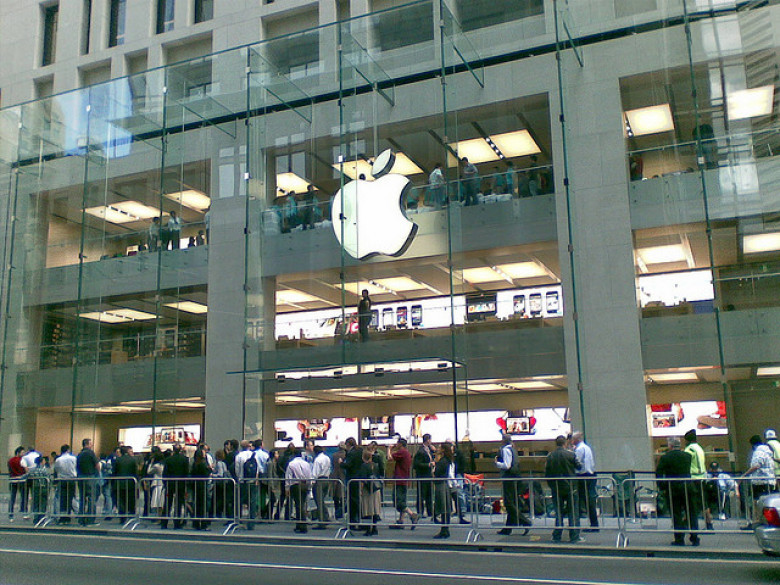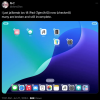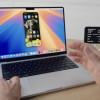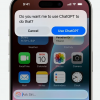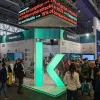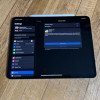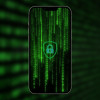Mac market share means more malware
Market share! It’s an easy answer, but not the only one.
In 2011, Apple was estimated to account for over 5% of worldwide desktop/laptop market share. This barrier was a significant one to break - Linux maintains under 2% market share and Google ChromeOS even less. This 15 year peak coincided with the first exploration by the aggressive FakeAv/Rogueware market targeting Apple computers, which we discovered and posted in April 2011 and later in May 2011, which no longer seem to be such an odd coincidence. Also, the delay in Apple malware until now most likely was not because Apple exploits were unavailable, or because the Mac OS X system is especially hardened. The 2007 "Month of Apple Bugs" demonstrated that the Mac OS X and supporting code is full of exploitable flaws. Safari, Quicktime, and other software on Apple devices is regularly exploited during pwnage contests, but widespread cybercrime attention hadn’t caught on until this past year.
At this point, we still don't know who is behind Flashfake, so we don’t know for sure that they were the same Mac OS X FakeAv/Rogueware group. Speculating that eastern euro-cybercrime is behind the botnet would be a pretty confident way to go right now. There are known groups from the region that have succeeded at wringing ad revenues from traffic hijacking. We don't believe that other sensitive data has been targeted. And the exploit distribution URLs that we are aware of have only targeted mac users. These factors limit the operational and technical needs of a financially motivated cybercrime gang.














































